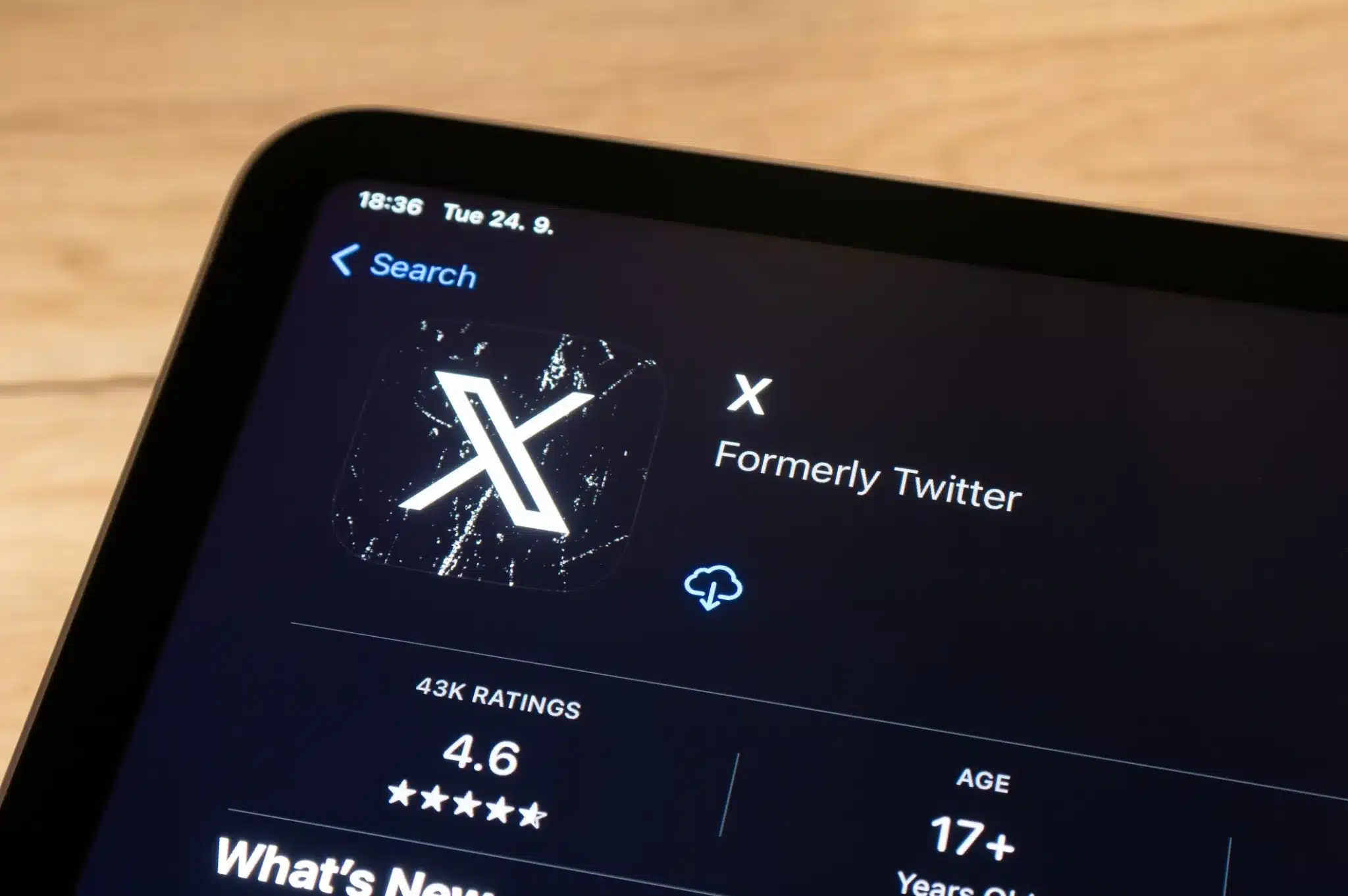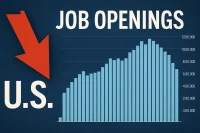X, formerly known as Twitter, has broadened its legal action against its advertisers by adding several prominent companies to its existing lawsuit.
The company alleges these firms participated in a coordinated boycott that violated antitrust laws.
New Defendants Added
The amended lawsuit now includes:
- Nestlé
- Colgate-Palmolive
- Tyson Foods
- Shell
- Lego
- Abbott Laboratories
These companies are accused of conspiring to withdraw advertising from X following Elon Musk’s acquisition of the platform in 2022.

Allegations of Coordinated Boycott
X claims the World Federation of Advertisers (WFA), through its Global Alliance for Responsible Media (GARM) initiative, orchestrated a boycott.
This action allegedly led to a significant decline in X’s advertising revenue.
Impact on Advertising Revenue
Following Musk’s acquisition, many advertisers reduced or halted their spending on X due to concerns over content moderation and platform restructuring.
This shift resulted in a notable decrease in advertising revenue for the company.
Legal Proceedings and Settlements
The lawsuit, initiated in August 2024, originally named companies such as CVS Health, Mars, and Ørsted. Unilever was also a defendant but reached a settlement with X and was subsequently removed from the case.
Hiring? Post jobs for free with WhatJobs
Advertisers’ Concerns
Advertisers expressed apprehension over X’s content moderation policies and the reinstatement of previously banned accounts.
These concerns contributed to the decision by several companies to pause or reduce their advertising on the platform.
WFA’s Response
The WFA has criticized the lawsuit, stating that it misrepresents their efforts to promote responsible media. They argue that their initiatives aim to protect brands from harmful content and are not intended to violate antitrust laws.
Need Career Advice? Get employment skills advice at all levels of your career
Looking Ahead
As the legal battle continues, the outcome could have significant implications for the relationship between social media platforms and advertisers. The case underscores the challenges of balancing content moderation with free speech and the interests of advertisers.




